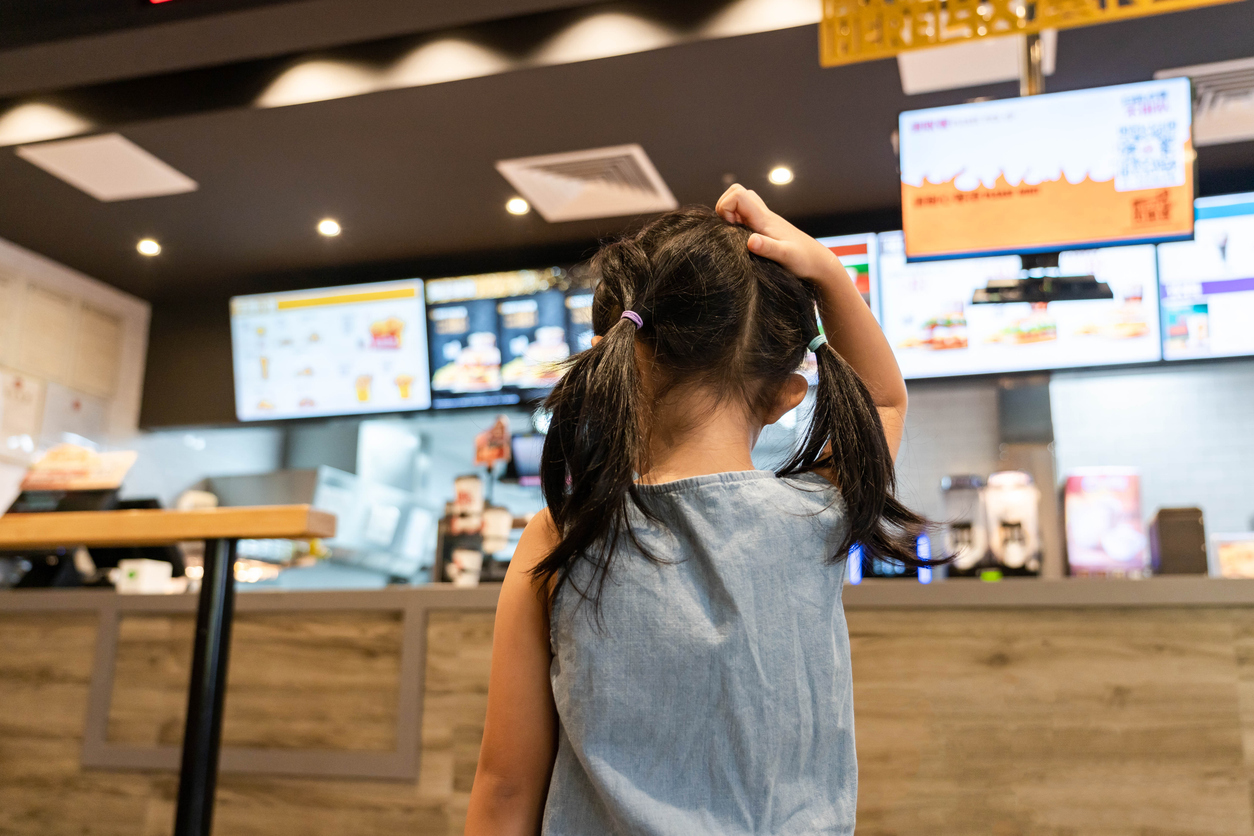Artificial Intelligence (AI) refers to computer systems designed to simulate human intelligence, allowing them to perform learning, problem-solving, and decision-making tasks. AI is quickly starting to play a larger role in enhancing restaurant operations and customer experiences. By integrating automated ordering, chatbots, predictive analytics, and smart inventory management, restaurants can improve efficiency, increase order throughput, and elevate customer satisfaction. For instance, AI can help staff manage orders, predict customer preferences, and optimize staffing levels.
Understanding AI's benefits can empower restaurant owners and managers to make informed decisions that boost performance and profitability. Let’s uncover how AI can transform your restaurant and create more enjoyable dining experiences.
Smart Reservation Systems
AI-driven restaurant reservation systems significantly enhance restaurant booking processes. These systems analyze data to predict peak dining times, allowing restaurants to manage waitlists efficiently and optimize table assignments.
By forecasting busy periods, these systems help restaurants allocate resources effectively, reducing customer wait times. Moreover, user-friendly interfaces enable customers to make, modify, or cancel reservations through mobile apps or websites.
This convenience improves customer satisfaction and increases the likelihood of repeat visits. By streamlining the restaurant reservation process, AI ensures a smoother experience for diners and restaurant staff, making it easier for everyone to enjoy dining out.
Enhanced Customer Experience
AI helps create personalized customer experiences by analyzing customer preferences and behaviors and then suggesting tailored menu recommendations that cater to individual tastes.
If a diner frequently orders vegan dishes, AI can highlight similar options during their next visit. This level of personalization not only delights customers but encourages them to leave positive feedback, emphasizing the importance of customer reviews in driving restaurant success.
Satisfied customers are likelier to share their experiences, boosting the restaurant's reputation and attracting new diners. By enhancing the customer experience through AI, restaurants can foster loyalty and create lasting connections with their guests.
Streamlined Operations
AI significantly streamlines restaurant operations through automation, leading to smoother workflows and better productivity. By integrating AI into kitchen workflows, restaurants can automate food preparation processes, ensuring consistency and speed in cooking.
In addition, AI-driven order processing systems help manage incoming orders efficiently, reducing the chances of mistakes. Staff scheduling becomes easier with AI tools that analyze peak times and adjust shifts accordingly, ensuring the correct number of employees is available when needed.
This improved communication among team members helps create a more coordinated environment, allowing everyone to focus on delivering excellent service. With AI streamlining these operations, restaurants can enhance efficiency, reduce human error, and provide a better overall experience for both customers and staff.
Cost Reduction
AI plays a crucial role in helping restaurants reduce costs across various areas. By automating routine tasks, restaurants can lower labor costs, as they no longer need as many staff members to perform repetitive duties.
Additionally, AI can optimize inventory management, minimizing waste by predicting the right amounts of food required based on historical data and customer preferences. This proactive approach to waste management helps restaurants reduce excess supplies and spoilage.
Moreover, AI-driven systems can improve energy efficiency by adjusting heating, cooling, and lighting based on real-time needs, lowering utility bills. By leveraging AI to streamline operations and enhance efficiency, restaurants can significantly reduce costs and increase their bottom line.
Data-Driven Decision Making
Data analytics is essential for modern restaurant management, providing valuable insights that inform effective strategies. AI tools analyze customer data, sales trends, and operational metrics, allowing restaurant owners to make informed decisions based on solid evidence.
This data-driven approach enables them to refine their menus, adjusting offerings based on what customers enjoy most. Additionally, AI helps restaurants evaluate pricing strategies, ensuring they remain competitive while maximizing profits.
By understanding customer insights, owners can tailor marketing efforts to attract more diners and increase satisfaction. Embracing data-driven decisions helps restaurants stay ahead of the competition and adapt to changing customer preferences, leading to better performance and growth.
Innovative Marketing Strategies

AI enhances restaurant marketing strategies by leveraging customer data for targeted advertising campaigns. By segmenting customer information, AI identifies specific demographics and preferences, allowing restaurants to craft personalized messages that resonate with their audience.
This targeted approach increases the chances of engagement, encouraging more potential customers to visit. Moreover, AI-driven marketing strategies can analyze the effectiveness of campaigns in real-time, enabling quick adjustments for better results.
Restaurants utilize innovative marketing strategies to boost customer engagement and drive revenue growth. By focusing on personalized outreach, they can foster loyalty and build lasting relationships with their guests, ultimately enhancing their overall success in the market.
Efficient Inventory Management
AI plays a vital role in efficient inventory management for restaurants. By using AI to track stock levels, restaurants can closely monitor what they have on hand. This technology also predicts demand based on historical sales data and customer preferences, allowing for timely adjustments.
When stock levels reach a certain threshold, AI can automate the reordering process, ensuring that the kitchen always has vital ingredients. These practices significantly reduce food waste by preventing over-purchasing and maintaining optimal inventory levels. As a result, restaurants can save money and minimize spoilage, leading to a more sustainable operation that benefits both the business and the environment.
Voice AI Ordering
AI significantly enhances restaurant ordering processes. With features like AI voice ordering, customers can place their orders effortlessly, reducing the time spent taking them. Automation of order-taking and fulfillment streamlines the entire process.
These systems improve communication between front-of-house staff and the kitchen, ensuring everyone is on the same page. By reducing the chances of errors, restaurants can serve customers more quickly and accurately.
For example, when a customer places an order via an AI-powered phone ordering solution, the system instantly sends the details to the kitchen, allowing staff to prepare meals without delay. This speeds up service and creates a smoother dining experience for customers, encouraging them to return.
Dynamic Pricing Models
AI algorithms analyze demand fluctuations and adjust menu prices accordingly, making dynamic pricing models valuable for restaurants. During peak hours, these algorithms can raise prices to maximize revenue, capitalizing on higher demand.
Conversely, they can lower prices during slower times to remain competitive and attract more customers. This digital solution allows restaurants to respond quickly to changing market conditions, optimizing profits without sacrificing customer loyalty.
By implementing dynamic pricing models, restaurant owners can make informed decisions that enhance their financial performance and ensure they get the most out of every service period.
AI-Powered Chatbots
AI-powered chatbots play a crucial role in enhancing restaurant customer service. These chatbots can handle inquiries, take orders, and provide support across various digital channels, including websites and social media.
Chatbots offer 24/7 availability to ensure customers can get assistance anytime, improving their overall experience. Quick response times mean diners receive answers and support without long waits, increasing satisfaction.
For example, a customer looking to make a reservation or inquire about menu items can get instant help through a chatbot, making their interaction seamless. By integrating AI-powered chatbots into customer service, restaurants can enhance efficiency and build stronger customer relationships.
Elevate Your Digital Experience With Checkmate’s AI Solutions
Embracing AI offers numerous benefits for brands looking to scale their digital business. Checkmate provides AI phone and drive-thru ordering tailored for modern restaurants, ensuring you maximize efficiency and profitability. With our expertise, you can seamlessly integrate these solutions into your business. Don’t miss the opportunity to elevate your restaurant’s performance—contact us today to learn how we can help.





